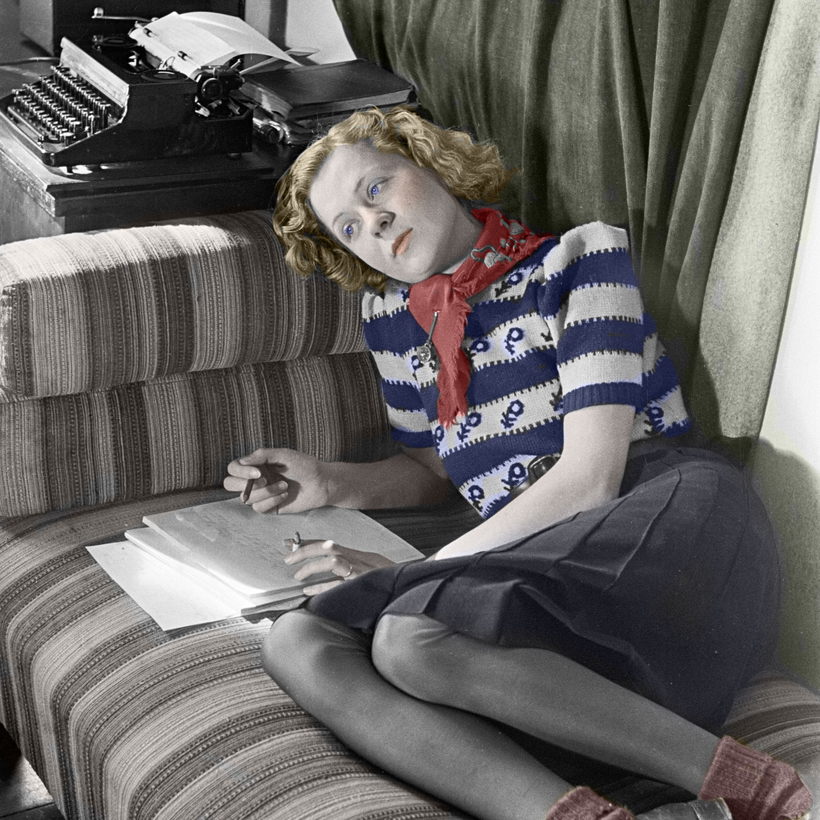The Copenhagen Trilogy: Childhood; Youth; Dependency by Tove Ditlevsen, translated by Tiina Nunnally and Michael Favala Goldman
It begins, for the writer Tove Ditlevsen, with a secret: a Rilkean “song in my heart.” Her father is a factory worker; her brother, an apprentice at a car workshop. They live in a two-room apartment in Istedgade—her mother calls it a “proletarian neighborhood”—in early-20th-century Denmark. One day, Tove blurts out to her family that she wants to be a poet. “A girl can’t be a poet,” her father replies.
And so the pattern is set. Tove learns to never reveal her true self or the intensity with which she sees the world. She writes poems to an imaginary lover in a notebook that she hides inside a dresser drawer.

